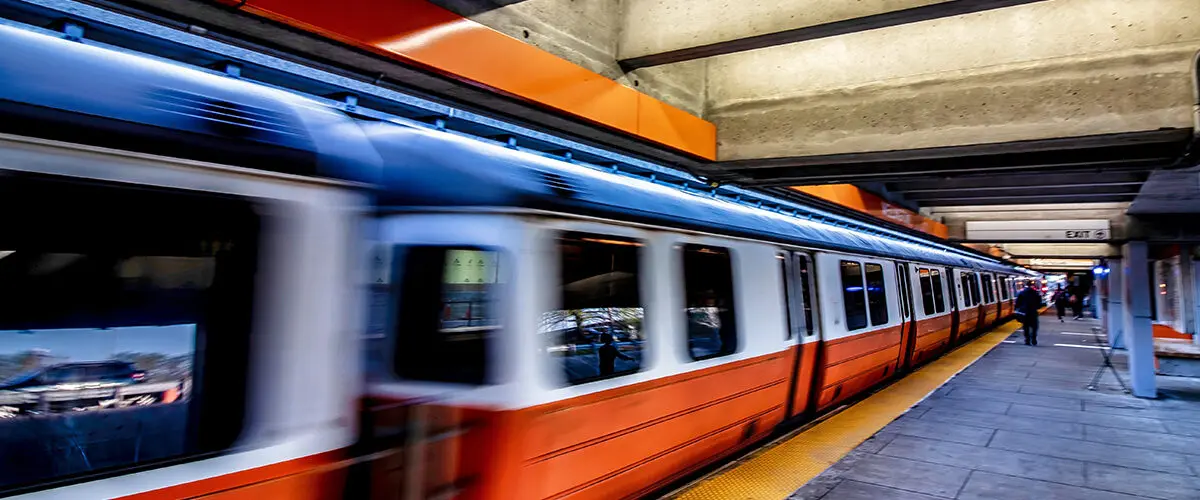Woe is T
An Orange Line that shut down after a train caught fire in July.
Power problems on the Green and Blue Lines.
Delays and derailments on the Red Line, with rumors of a shut down as well.
A driver shortage on the bus lines causing headaches.
And a commuter rail system subject to occasional shutdowns in both directions.
Residents of Massachusetts have become frustrated with a public transit system plagued by disruptions and uncertainty. Transportation that many rely upon for daily life has become one that cannot be trusted to safely get you where you need to go when you need to. While the MBTA has struggled with issues for quite some time, a question remains: how did it get this bad so quickly? Harder yet, how do we fix it? And, in the meantime, what does it mean for our air quality as more and more commuters abandon transit and pile into individual vehicles? Our fight against climate does not work unless our transit system does as well. Our political leaders in Massachusetts cannot claim to be fighting for climate as our public transit system struggles.
In April, the Federal Transit Administration (FTA) announced a safety inspection of the MBTA, and in June they ordered several immediate safety fixes. Unfortunately, as a result of the frequent safety problems and disruptions, the Federal Transit Administration announced an “immediate safety standdown” in July, requiring workers to attend a special safety briefing. This announcement led to the complete shutdown of the Orange Line for immediate emergency repairs, with rumors of a complete takeover of the system circulating.
In August, the FTA issued its Safety Management Inspection report, a scathing report that highlighted chronic deficiencies. While the MBTA managed to avoid a complete takeover by the FTA, the FTA identified several crucial areas in which the agency has been mismanaged over the years. Some of these 24-identified findings included:
- Chronic understaffing at the agency
- Underprioritized safety management information
- Prioritization of the capital budget at the expense of the operations and maintenance budget
- Deficient oversight from the Department of Public Utilities
The FTA then ordered fixes to these problems immediately. The issuance of this report also led to the announcement of an oversight hearing by the legislature, to conduct their own investigation.
The report from the FTA highlights what transit advocates have long known: public transit in Massachusetts has been given the short shrift over the years, resulting in a system that is underinvested in, unreliable, and unsafe. However, the system does not have to remain that way. Unfortunately, while many may look to federal grants for a solution, the Federal Inflation Reduction Act and Infrastructure Investment and Jobs Act did not meaningfully address public transit, making our state leaders’ action even more important. The state legislature, incoming and current executive branch, advocates, and the general public need to come together to find a sustainable funding mechanism that does not heavily rely upon fares and promotes long-term growth, safety, and reliability. Parallel to this funding work, decisionmakers should work to advance other policies, such as fare-free ridership for low-income individuals, and other ways to grow ridership and restore trust in the system. Additionally, beyond public transit, decisionmakers need to embrace mobility shifting and enhance better opportunities for biking and walkable communities. The answers to these ongoing issues are not magic, but they do require dedication, vision, and ingenuity from our elected officials.
For more information:
Kyle Murray, Senior Policy Advocate-Massachusetts, kmurray@acadiacenter.org, 617-742-0054, ext. 106



















